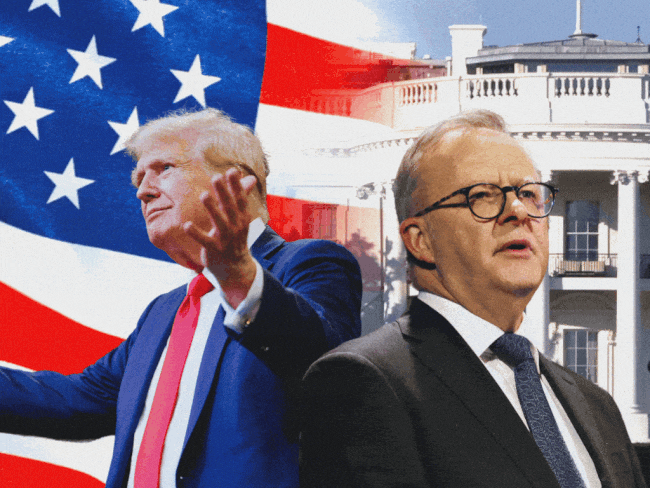
US polls show a desperately tight race. Australian discussion has not digested the likely impact of the US election on our politics. There’s no direct parallel between US and Australian politics. Albanese is no Joe Biden and Dutton is no Donald Trump. But the presidential result will have big consequences for our politics.
If Trump wins, Albanese confronts a series of diabolical dilemmas.
Both Albanese and Dutton are, I’m sure, sincere in their commitment to the US alliance, believing it serves our interests and embodies our values. Both will refrain from commenting on US politics and would happily work with whoever the Americans elect.
But if Trump wins, suddenly Albanese’s energy policy will look even more unrealistic, and needlessly costly, than it does now. As it is, the world’s biggest greenhouse gas emitter, China, is increasing its fossil fuel use and not significantly reducing emissions. This is true, too, of fast-growing emitters such as India and Indonesia.
But most of the consciousness of international affairs in Australian debate exhausts itself at the United States, Britain and a speck of Western Europe. If the US at the level of national government turns against the climate action consensus, it will be extremely hard to argue that Australia must suffer vastly greater energy prices in order to keep faith with the allegedly global compact on climate change (which of course is not remotely global).
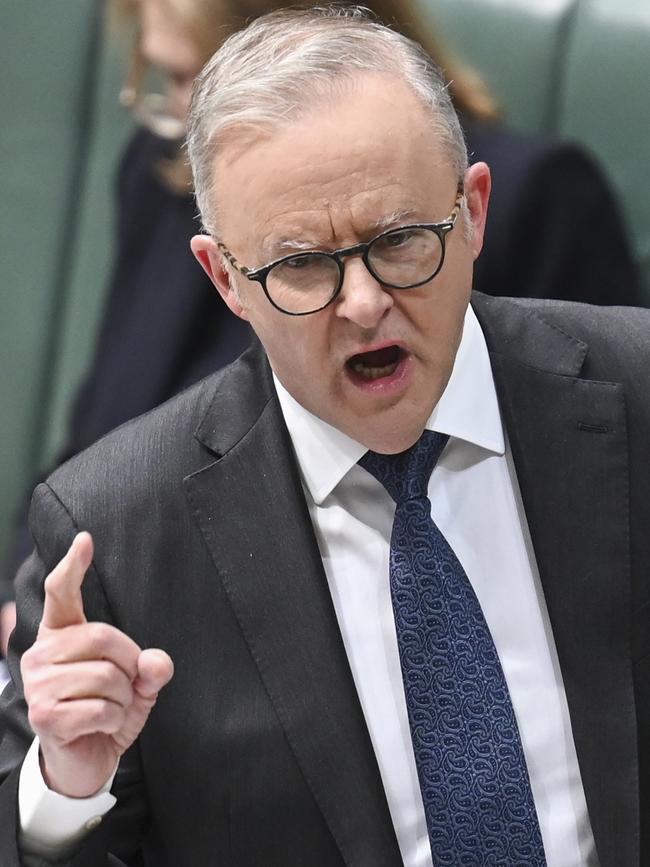
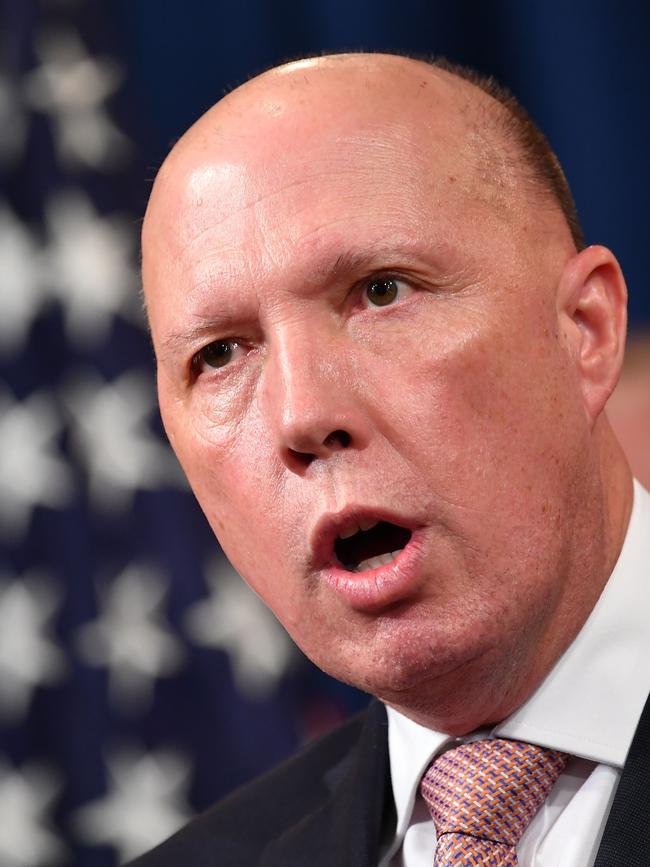
US emissions are unlikely to rise greatly because the switch from coal to gas, plus general improvements in energy efficiency, and some state-based climate targets, are all producing lower emissions. But the contrast between US states that promote gas, and to some extent nuclear, as opposed to those states that are all-in for renewables, is stark. The renewables states have much higher energy costs and are losing population and businesses to the gas-plus-nuclear states. Think California versus Texas.
Similarly, Biden/Harris/Albanese-style energy policies have directly led to political alienation, and often crisis, in France, Germany and even Britain, though in all three cases many other factors were at work too.
On the other hand, if Harris wins, the Albanese approach to energy, and much else, will be validated by the most powerful nation, the most powerful democracy, in the world. In that case I think Albanese would move heaven and Earth to get an invitation to visit Harris for a big photo-op and political love-in before the Australian election.
Being close to America is always a big plus for any Australian leader. This will be diabolically difficult for Albanese if Trump is president. The Labor Party activist base, plus all political challengers among the Greens, not to mention organised Muslim Votes Matter groups, broadly speaking, hate Trump.
They will expect Albanese to denounce anything a bit outlandish or disagreeable that Trump might say. But that will be incredibly dangerous for Albanese, for Trump notices criticism and holds grudges. And no matter how unpopular Trump might be in Australia, the politics of a situation like that will work against Labor.
George W. Bush was personally unpopular in Australia. Mark Latham, as Labor leader, thought that meant he could attack Bush without suffering a political disadvantage. Latham was dead wrong. The Australian people dearly love the US alliance. They easily distinguish between the personality of a particular president and the quality of the alliance itself. Latham’s fall from what at one time was a very high point of popularity began when he criticised Bush and looked as though he might imperil the US alliance.
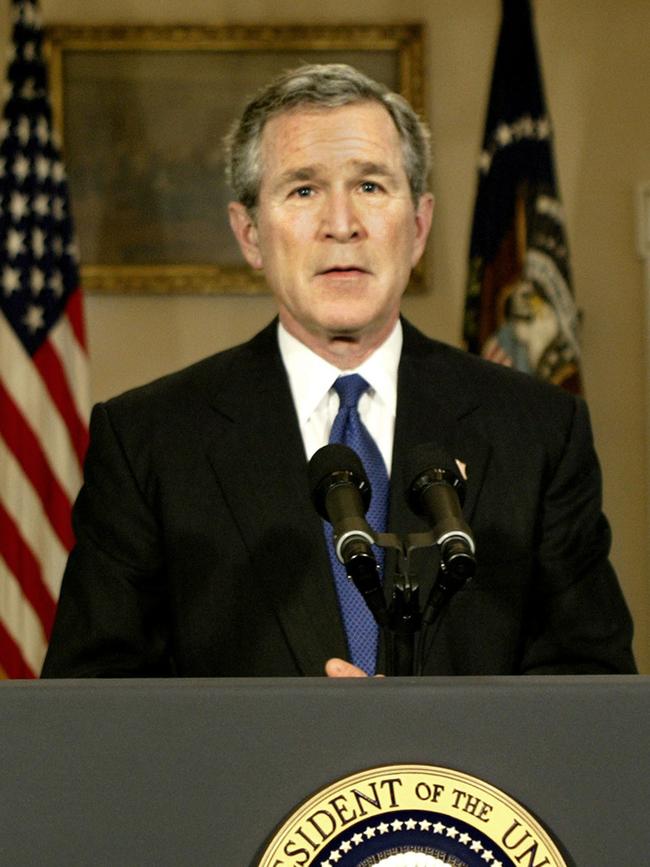
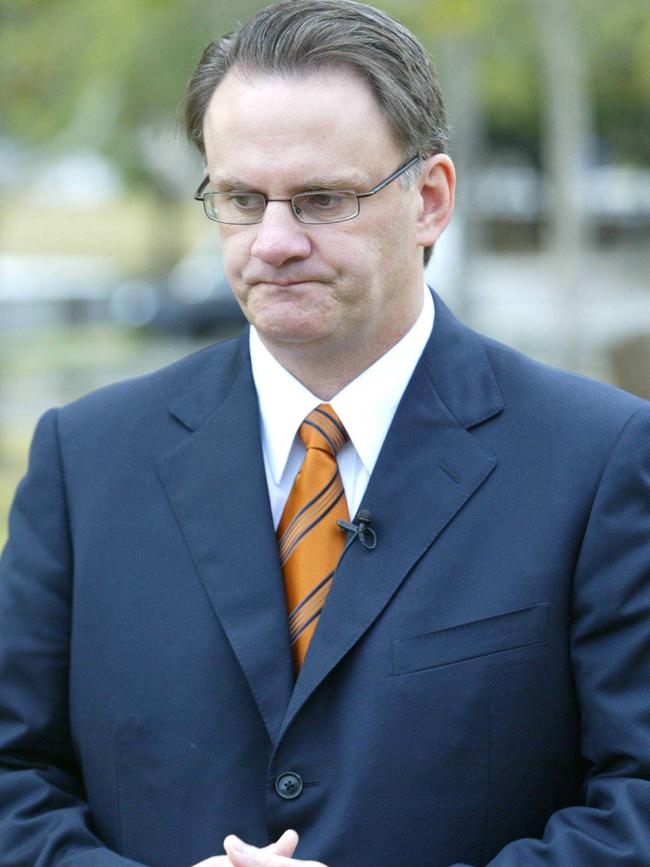
There will also be, for Albanese, a delicate dance with Trump over AUKUS. The Biden administration is deeply aware of how anaemic and hopeless Australia’s defence effort is, but it’s committed to AUKUS, values the access its forces are getting to northern Australia, is ideologically sympathetic to the Albanese government, and wants to be seen effectively reinvigorating alliances, so it’s not likely to draw too much attention to the utter feebleness of our defence effort.
The Trump administration may not feel the same constraints. It’s also possible someone influential in Trumpland might decide they don’t want Australia to have Kevin Rudd as our ambassador in Washington. That would be a real tragedy because Rudd has been an extremely effective ambassador to the US.
Rudd has certainly been assiduous and effective in cultivating Republican as well as Democrat contacts. His appointment is one of the few Albanese decisions in national security that looks smart and effective.
All these considerations would apply in reverse to Dutton. A win for Trump would reinforce the sense that the woke cultural and economic agenda is unrealistic and unsustainable. It doesn’t matter that Dutton’s program is very different from Trump’s, and Dutton would be well advised to steer clear of some of Trump’s worst policies, such as the application of universal tariffs.
The huge No vote in the voice referendum reinforced the sense that Dutton is closer to middle Australia than Albanese. It damaged Albanese and made Dutton look in touch, possessed of common sense, consequential, standing with the people’s common wisdom. Though of course Dutton would play no role in a Trump victory, some sort of similar effect would accrue to Dutton from a Trump victory. A big Harris victory, by the same token, would reinforce the idea that Dutton’s approach is out of date.
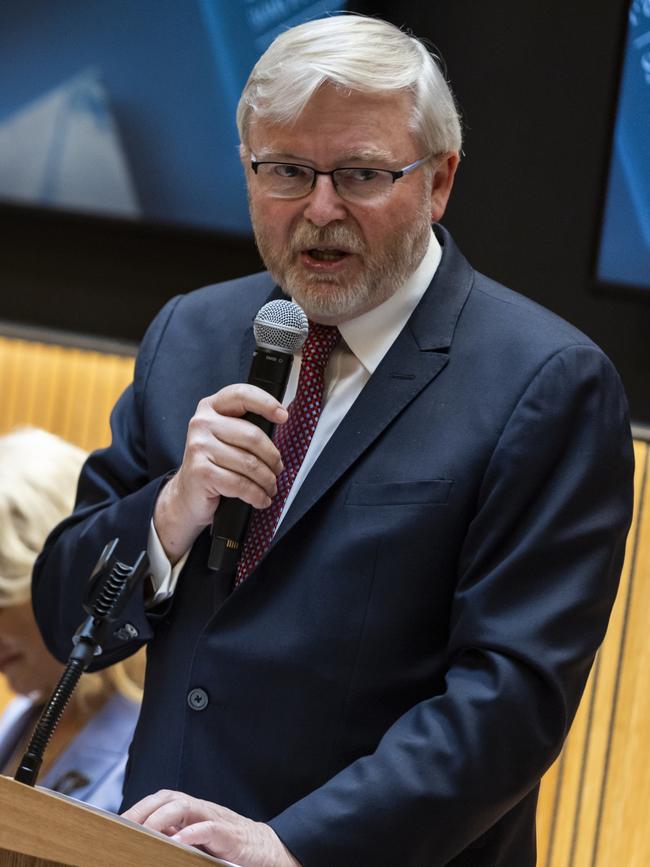
Despite the differences in our political cultures, the US is effectively adopting a number of semi-distinctively Australian syndromes. Harris, like Albanese and British Labour leader Keir Starmer, is running as an extremely small policy target. She is distancing herself from Biden’s very unimpressive term, even though she is his Vice-President.
Like Albanese and Starmer, she’s also trying to distance herself from her own left-wing past. Albanese and Starmer got almost identical levels of support, but first-past-the-post voting delivered Starmer a landslide, while preferential voting delivered Albanese an extremely narrow victory.
The US election is also likely to be very close. A fascinating new New York Times/Siena poll shows Trump just fractionally back in front. It’s not clear if the poll is an outlier, or signals the end of Harris’s honeymoon.
If Harris does lose, the US will have departed quite radically from its pattern of normally re-electing a first-term president, or, if the president dies or is forced to resign, re-electing his party. Unprecedentedly, the US will have had two one-term presidents, Trump and Biden, in a row. Getting rid of Biden so late in his term was very similar to how in parliamentary systems, especially Australia, governing parties ditch an unpopular head of government as an election approaches.
The US election probably won’t be decisive in Australia, but our election is likely to be pretty close in a lot of seats. A small change could be crucial. Is it double change: Trump and Dutton, or double continuity, Harris and Albanese?



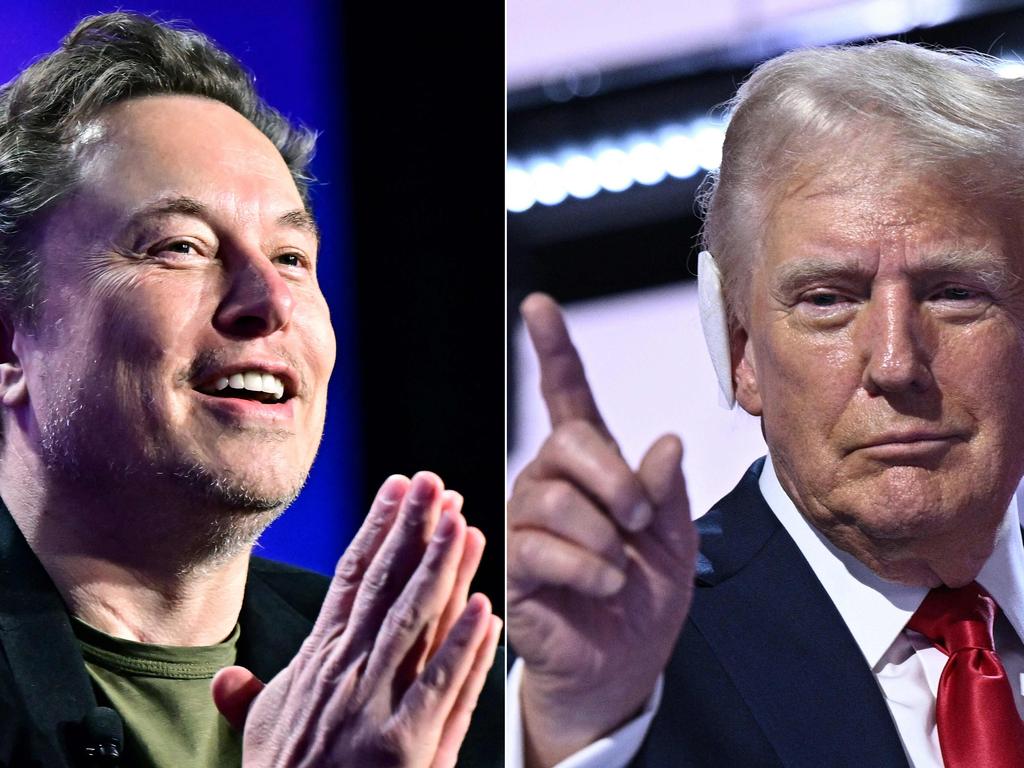
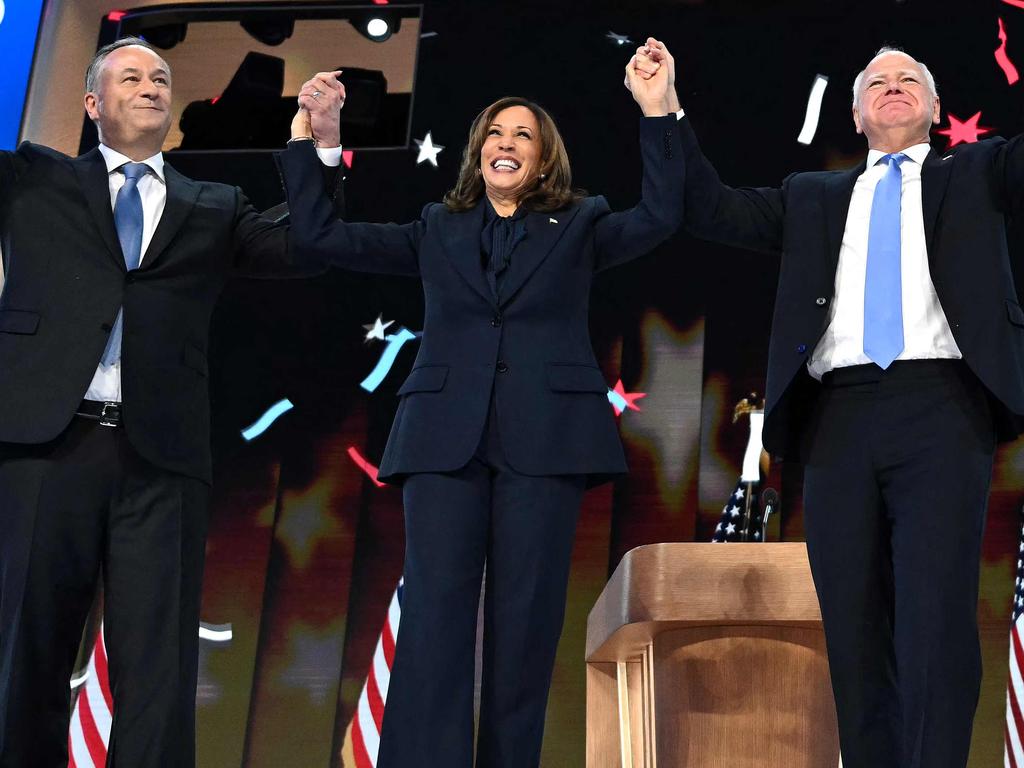



Two men will sweat on the results of the presidential debate on Wednesday (Australia time) between Donald Trump and Kamala Harris, namely Anthony Albanese and Peter Dutton.